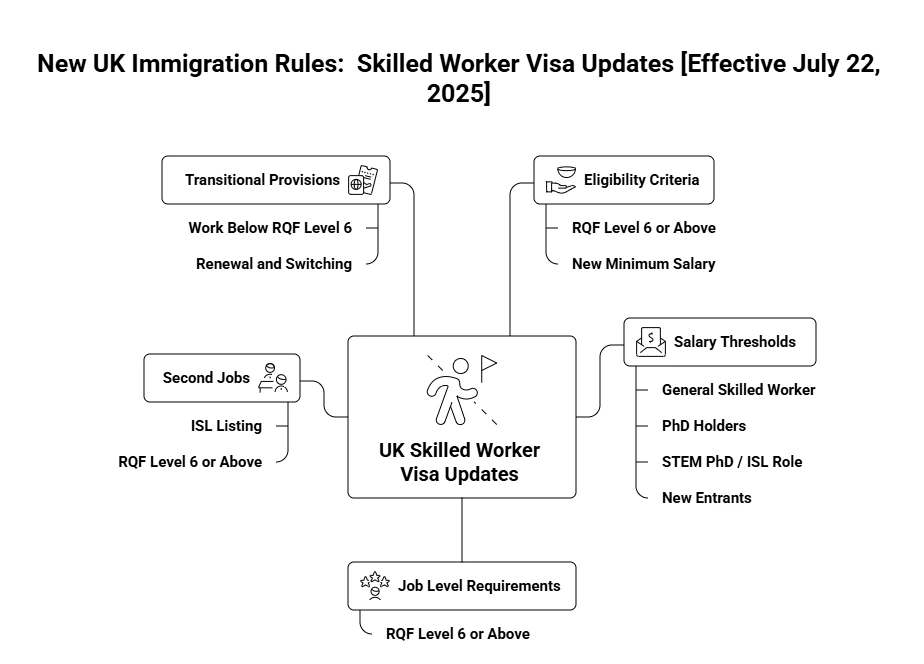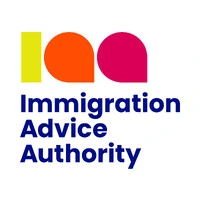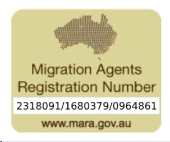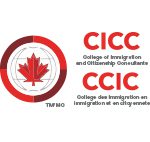How to Apply for the UK Skilled Worker Visa?
Step 1: Obtain a Sponsor / Certificate of Sponsorship (CoS)
- Receive a genuine job offer from a Home Office–licensed employer in an eligible occupation.
- The employer issues an electronic Certificate of Sponsorship confirming your job title, SOC code, and salary details.
- The CoS reference number must be used in your visa application and must have been issued within 3 months before you apply.
Step 2: Apply Online and Pay Fees
- Complete the Skilled Worker Visa form on the UK government website.
- Pay the application fee based on where you apply (inside / outside the UK) and the visa length.
- Pay the Immigration Health Surcharge (IHS) to access NHS services during your stay.
Step 3: Provide Biometrics and Submit Documents
- Book a biometric appointment at a visa application centre or use the UK Immigration ID Check app, if eligible.
- Upload or submit your supporting documents, including your passport, CoS, proof of English, and financial evidence (if required).
Step 4: Await Decision and Receive Visa
- UK Visas and Immigration (UKVI) processes most applications in about 3 weeks from outside the UK or 8 weeks from inside.
- If approved, you’ll receive a visa vignette or digital status, allowing you to travel and begin work for your sponsor in the UK.




